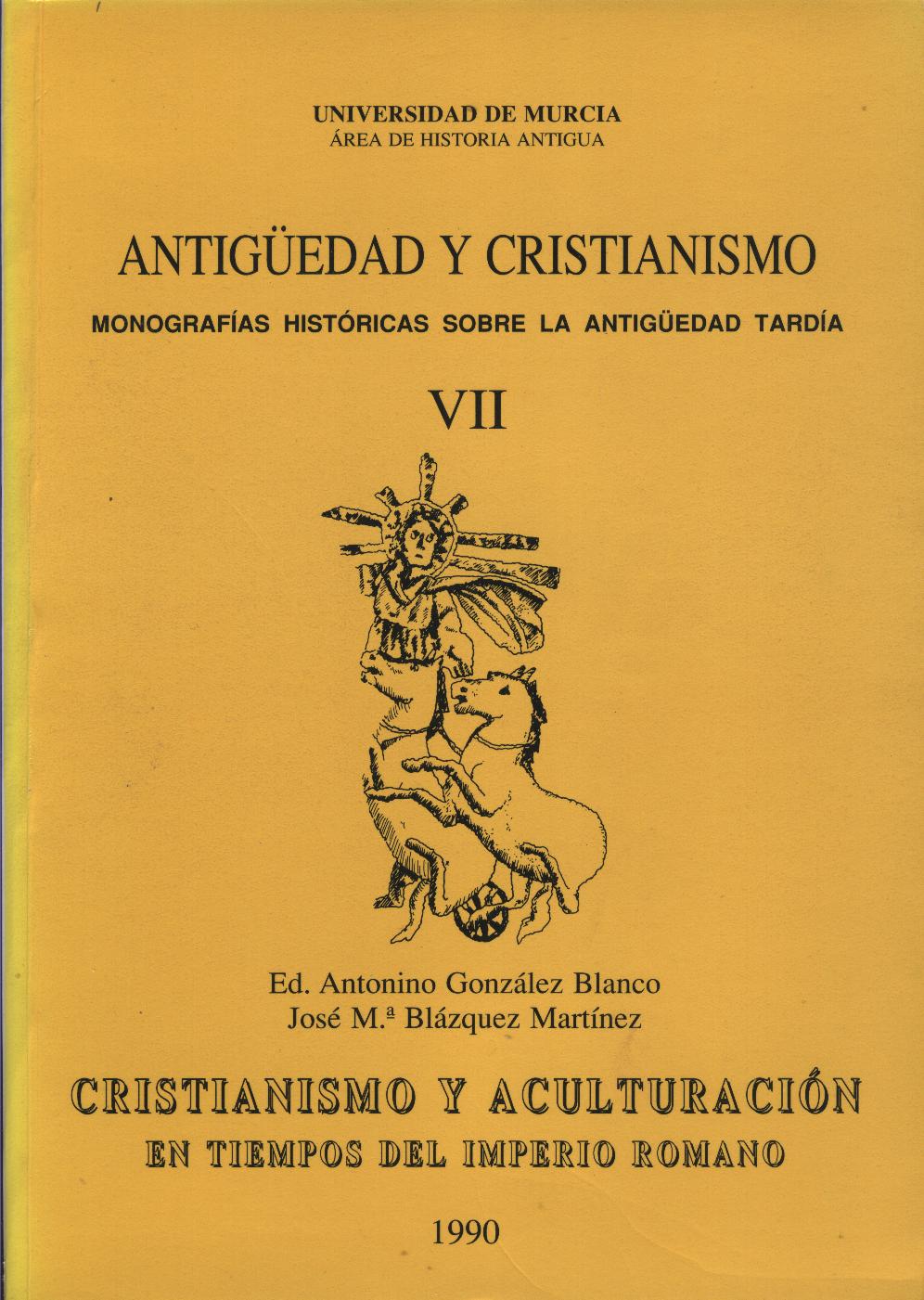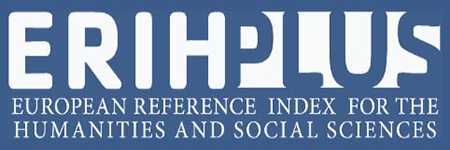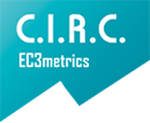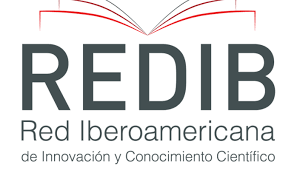La aculturación como modelo de transición social: los mecanismos de la cristianización
Abstract
This communication intends to present a theoretical model which can be applied to the process of Christianization in the Iberian Peninsula. We began with the study of the processes of aculturation: external processes (changes, violent or not, of the social groups in power) and an internal process (the rise of a new social class to power). We believe that Christianity is the principal agent in the process of aculturation, and it could be considered as an internal process, except in certain regions in the North of the Peninsula where it presents an external character due to the prevalence of certain modes of pre-Roman production, and as a consequence the process of Christianization en these regions is not as rapid, nor as pacific, as once believed.
Downloads
-
Abstract370
-
PDF (Español (España))287
1. The authors non-exclusively assign the exploitation rights (reproduction, distribution, communication and transformation) to the magazine.
2. The works published in this magazine are subject to the Attribution-ShareAlike 4.0 International license (CC By SA 4.0). Therefore, they can be copied, used, disseminated, transmitted and publicly displayed, provided that:
i) the authorship and the original source of its publication (journal, editorial and URL of the work) are cited, thus allowing its recognition.
ii) it is allowed to remix, transform or create from the material while maintaining the same license as the original.
Note: Articles prior to 2022 incorrectly display the CC by SA license in the abstract page. They are under a CC by NC ND license as embedded in the article pdfs. Articles published in 2022 and after are under the CC by SA license.

3. Self-archiving conditions. Authors are allowed and encouraged to electronically disseminate the pre-print (version before being evaluated) and/or post-print (version evaluated and accepted for publication) versions of their works before publication, as it favors their publication. Earlier circulation and diffusion and with it a possible increase in its citation and reach among the academic community. Color RoMEO: verde.
























